9 Ideal Companion Plants for Basil and Some to Avoid
Basil is a versatile herb that thrives when planted alongside the right companions. Certain plants can enhance their growth by deterring pests, improving flavor, and providing the right growing conditions. However, some plants may hinder basil’s development due to competition for resources or incompatible growth habits. In this guide, you will learn about the best companion plants for basil and which ones to avoid for a healthier, more productive garden.
This post may contain affiliate links, which helps keep this content free. Please read our disclosure for more info.
Tomatoes
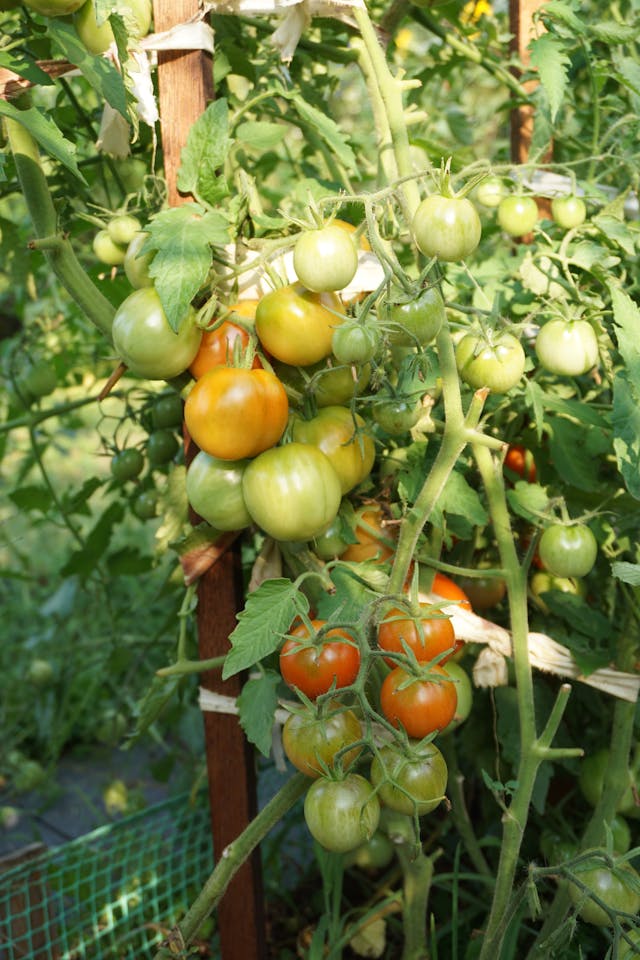
Basil and tomatoes make a great pairing due to their shared growing needs. Both plants thrive in warm, sunny conditions with well-drained soil, making them an easy match for your garden. Basil’s strong aroma is known to deter pests like aphids, mosquitoes, and whiteflies, all of which can be troublesome for tomato plants. When basil is planted next to tomatoes, it can help prevent these pests from attacking the tomatoes while encouraging stronger, healthier growth.
In addition to repelling harmful insects, basil can improve the flavor of tomatoes when grown nearby. The two plants benefit from each other, as basil’s oils help to enhance the tomato’s taste while tomatoes provide basil with the necessary nutrients. Growing them together is a win-win for both flavor and pest control, making this companion planting one of the most popular choices for home gardeners.
Peppers
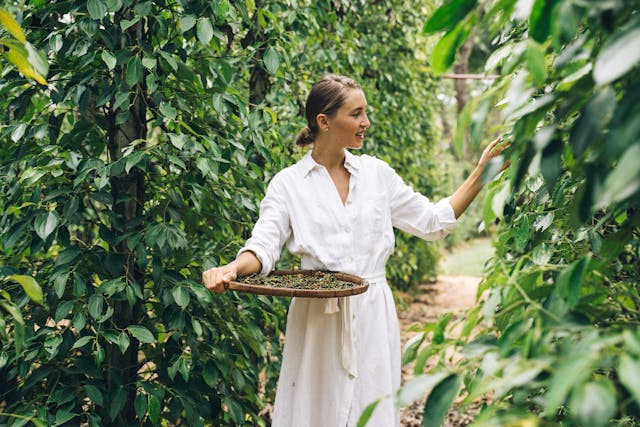
Peppers and basil are a match made in gardening heaven. Both plants enjoy the warmth and sunlight, and they thrive in similar soil conditions, so they are perfect for planting together. Basil helps keep pests like aphids and spider mites at bay, which can damage pepper plants. The basil’s strong scent interferes with these pests’ ability to find their preferred plants, ensuring that your peppers remain pest-free.
Another benefit of planting basil with peppers is the way it helps with overall growth. Basil’s presence provides some shade for the soil, which can help to retain moisture and regulate temperature. This is particularly beneficial for pepper plants, which can be sensitive to heat stress. By creating a favorable environment for both plants, basil and peppers make a dynamic duo in your garden.
Oregano
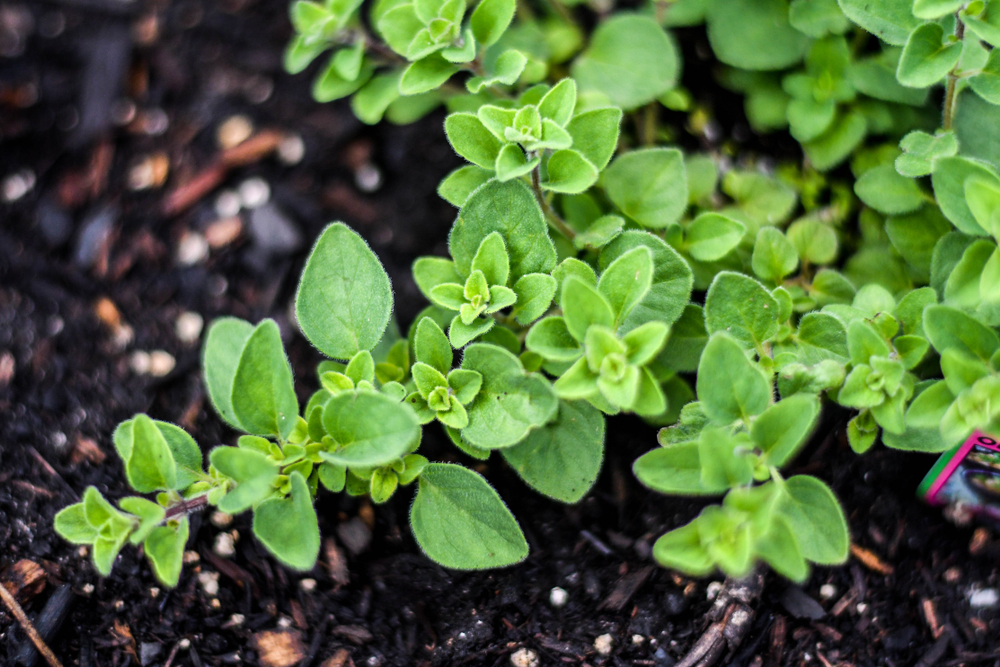
Oregano and basil share similar growing requirements, including a preference for full sun and well-drained soil, which makes them great companions. Oregano’s spreading nature helps prevent weeds from growing around basil, giving both plants more space to thrive. The two plants also help each other by providing natural protection from pests. Oregano’s strong fragrance can mask the scent of basil, which may discourage certain pests from attacking either plant.
The combination of oregano and basil is not only beneficial for pest control but also for culinary purposes. The flavors of both herbs complement each other well, and they often appear together in Mediterranean and Italian dishes. When planted together, these herbs can support each other’s growth while enhancing the overall flavor profile of your cooking.
Thyme
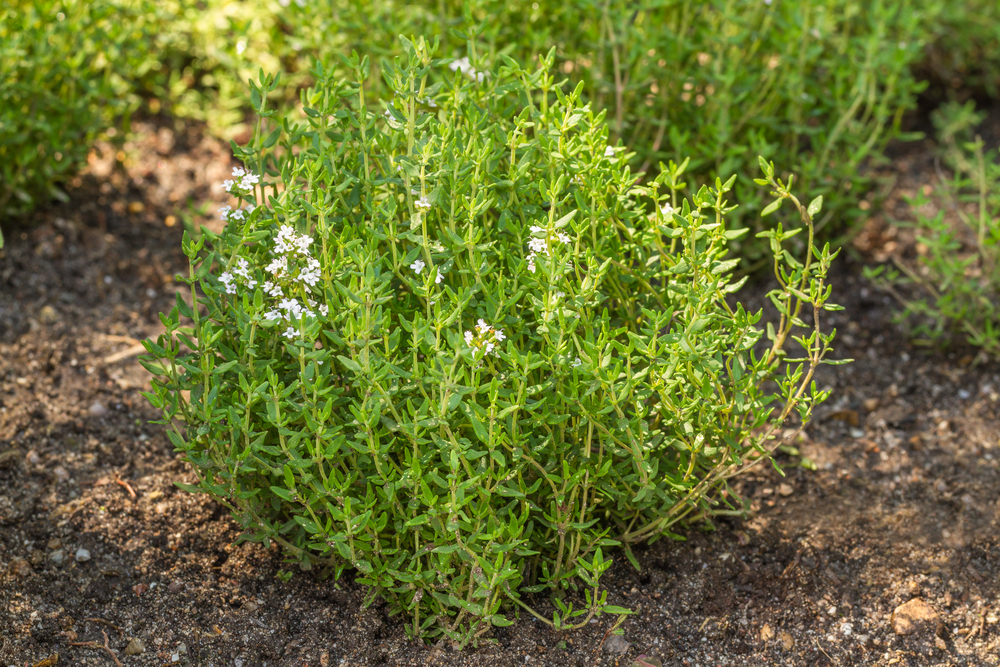
Basil and thyme both thrive in sunny, well-drained locations, making them an ideal pairing in the garden. Thyme’s compact growth habit allows it to spread out around basil without competing for space or resources. Additionally, thyme can help suppress weeds, which benefits basil by reducing competition for nutrients and moisture. When planted together, the two herbs can share the same growing area, maximizing the use of garden space.
Thyme’s strong fragrance also serves as a natural deterrent to pests like aphids, which commonly affect basil. The presence of thyme can keep these pests away from both plants, ensuring that they stay healthy throughout the growing season. Both herbs are versatile in the kitchen, with thyme adding an earthy, savory flavor and basil contributing a fresh, peppery taste to dishes, making them a dynamic duo both in the garden and on the plate.
Carrots
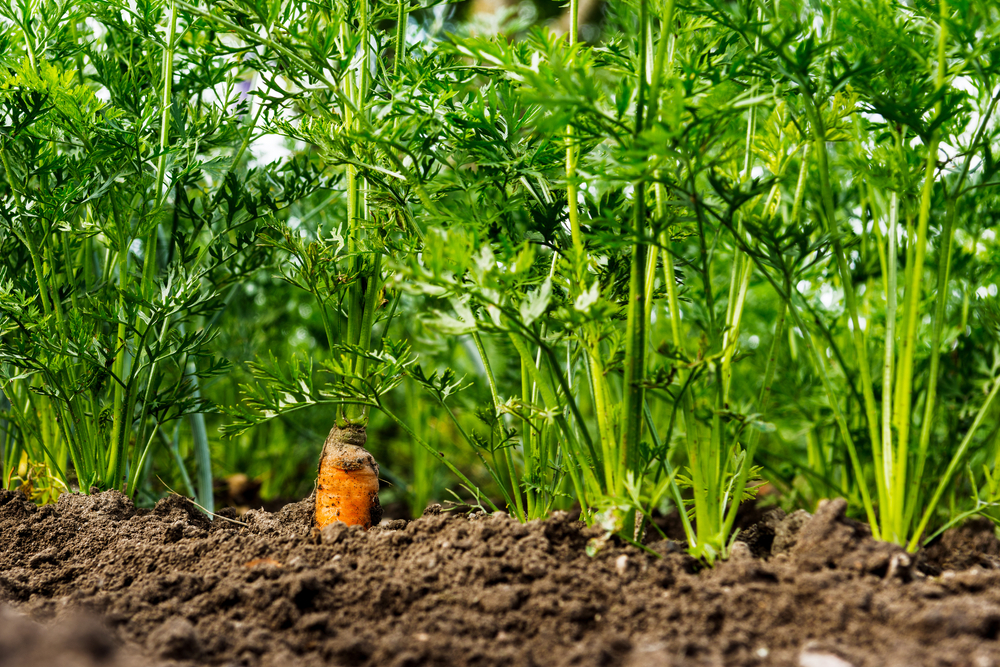
Carrots and basil form an excellent plant pairing in the garden. Basil helps deter pests like aphids and carrot flies, which can damage carrot crops. When basil is planted near carrots, the aromatic oils released by the basil help mask the scent of the carrots, preventing pests from detecting them. This natural pest repellent is especially important for carrots, which are particularly vulnerable to carrot flies.
In addition to pest control, basil’s presence can improve soil health around carrots by reducing weed growth. Carrots benefit from a weed-free environment, as weeds can compete for nutrients and moisture. By growing basil alongside carrots, you create an environment where both plants can thrive without the threat of competing weeds.
Lettuce
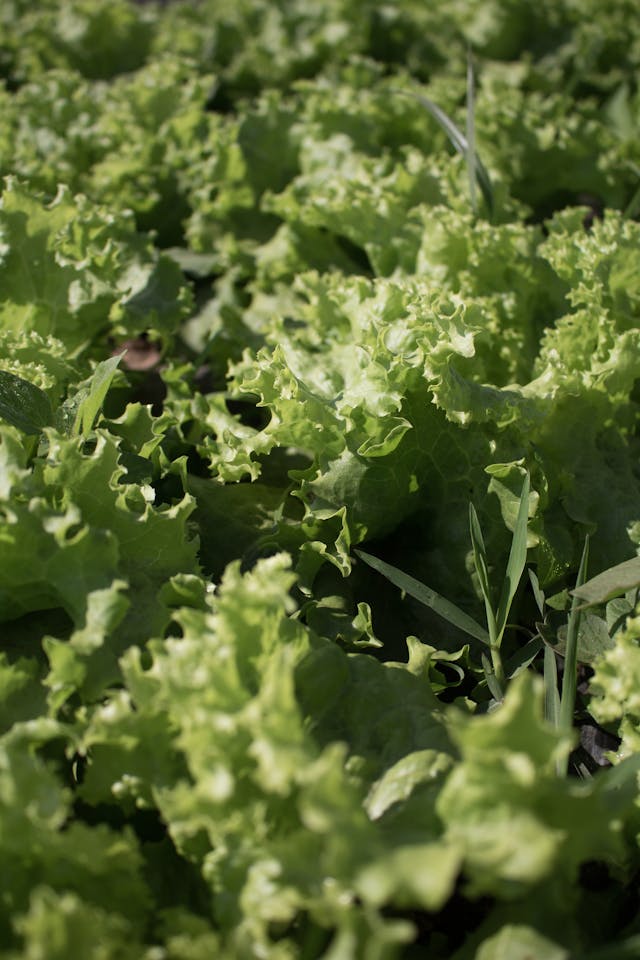
Lettuce and basil make a great pairing due to their similar environmental needs. Both plants thrive in cool, moist conditions and require plenty of sunlight to grow properly. Basil helps keep pests like aphids and slugs away from lettuce, which can be particularly vulnerable to these pests. The strong scent of basil works as a natural deterrent, helping to protect your lettuce crops from damage.
Moreover, basil can provide some shade to lettuce during the hotter months. Lettuce tends to bolt or go to seed quickly when exposed to excessive heat, so the shade from basil can help extend the growing season. This combination ensures that both plants grow healthily and that the lettuce remains fresh throughout the summer, making it an ideal companion pairing.
Cucumbers
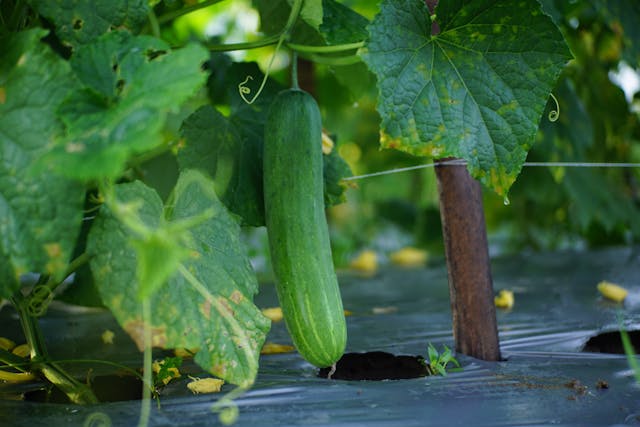
Cucumbers and basil work well together, as basil helps to protect cucumbers from common pests like aphids, spider mites, and whiteflies. These pests are known to target cucumbers, causing damage that can stunt their growth. The aromatic oils from basil help deter these pests, providing cucumbers with a layer of natural protection. Additionally, both plants require similar growing conditions, such as plenty of sunlight and well-drained soil.
Growing basil near cucumbers can also promote better air circulation around the plants, reducing the likelihood of fungal diseases. Cucumbers, being prone to mildew, benefit from improved airflow, which basil’s upright growing habit can help facilitate. Together, they create an environment where both plants can thrive, while basil adds a flavorful touch to any cucumber-based dish.
Strawberries
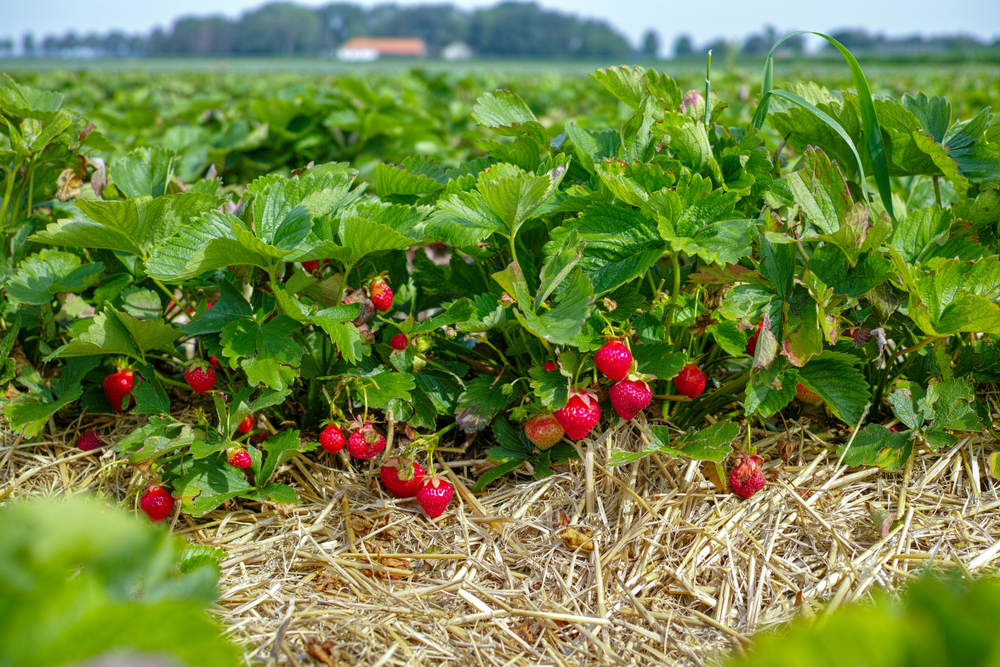
Basil makes an excellent companion for strawberries, as it helps to repel pests that typically target strawberry plants, such as aphids and spider mites. The scent of basil is known to confuse and deter these pests, which reduces the need for chemical pesticides. By planting basil near strawberries, you can keep the strawberry plants healthy and free from common pests, promoting better fruit production.
Additionally, basil’s low-growing nature allows it to provide some ground cover for strawberries, helping to reduce weed growth around the strawberry plants. This is particularly important for strawberries, which can struggle to compete with weeds for nutrients and moisture. With basil as a companion, your strawberries will have less competition, resulting in a more productive harvest.
Marigolds
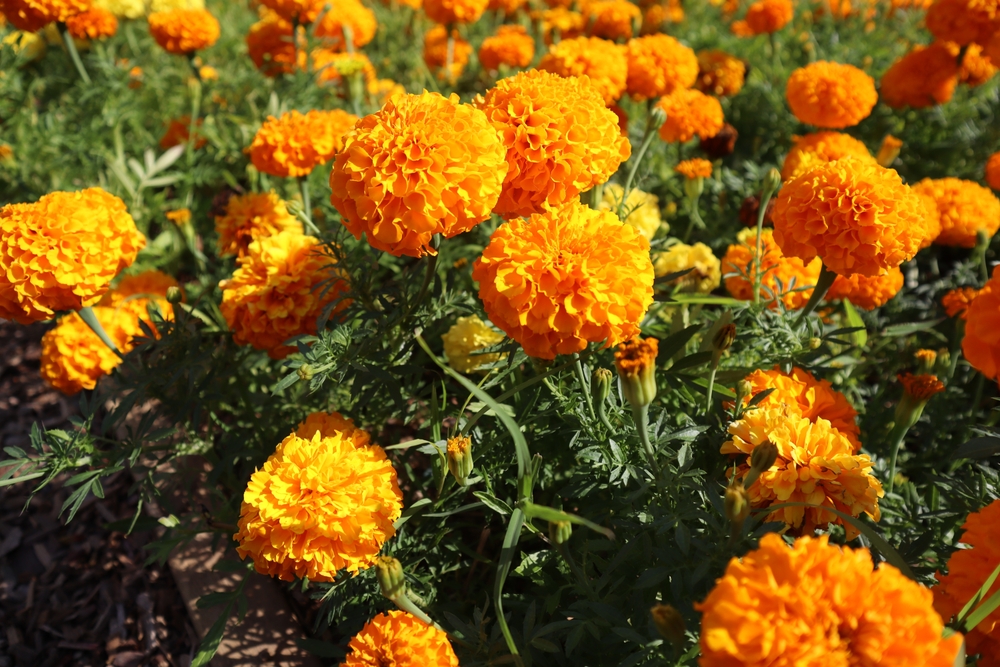
Marigolds and basil make an effective combination in the garden due to their mutual ability to repel pests. Marigolds are known for their strong odor, which deters nematodes, aphids, and other harmful insects that can damage basil plants. When marigolds are planted near basil, they enhance its ability to ward off pests, ensuring that both plants stay healthy throughout the growing season.
In addition to pest control, marigolds help improve soil health by attracting beneficial insects, such as ladybugs, which feed on aphids. This mutualistic relationship allows both plants to thrive, as marigolds provide a protective barrier for basil, while basil’s growth improves the overall health of the garden.
Rue
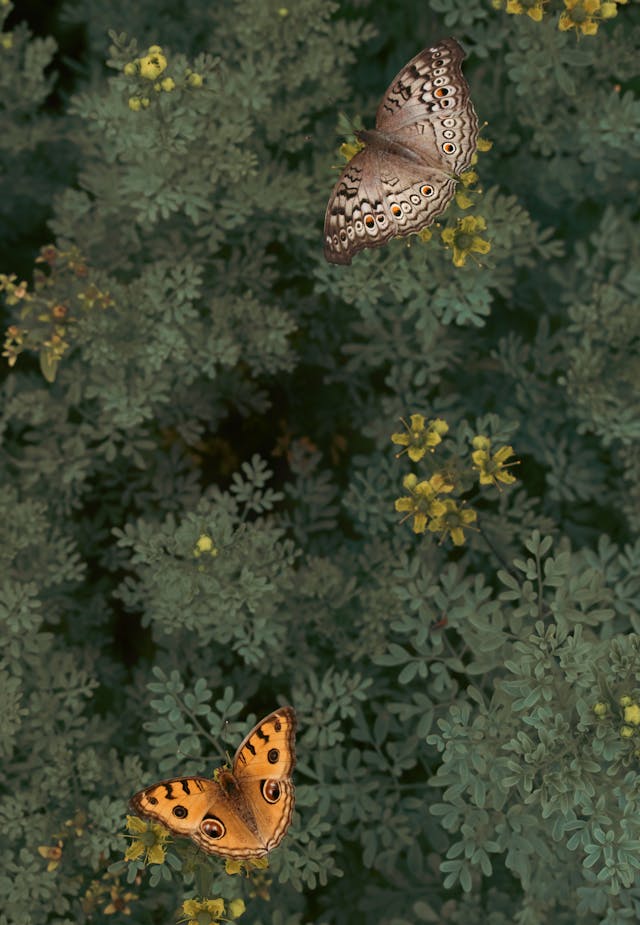
Rue is known to be a plant that basil should avoid growing near. Rue emits a strong odor that can negatively affect the growth of basil. The chemicals released by rue can inhibit the healthy development of basil, leading to stunted growth or poor flavor. While rue is a hardy herb, its presence can create an unfavorable environment for basil, as basil tends to be sensitive to such strong-smelling plants.
Additionally, rue can attract pests that might also target basil. The two plants do not complement each other well in terms of pest control, and the competition for space and nutrients can further stress basil, making it less likely to thrive when planted nearby.
Sage
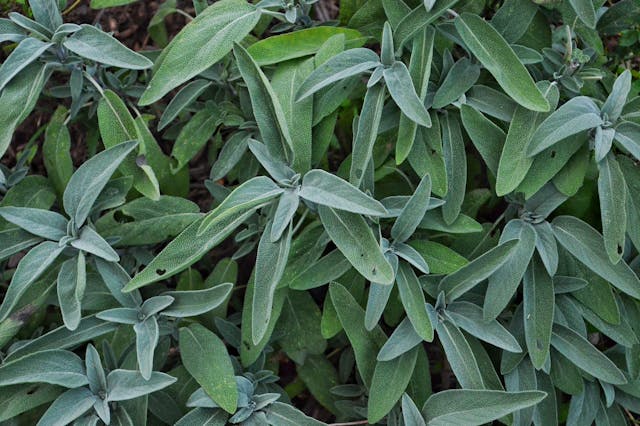
Sage is another plant that does not make an ideal companion for basil. While both plants are Mediterranean herbs, they have different growth requirements that can make them poor neighbors. Sage tends to grow larger and more robust, often overshadowing basil and taking away essential sunlight and nutrients that basil needs to grow well. This can stunt basil’s growth, especially if the two plants are competing for the same space.
Additionally, sage has a strong aroma, which can affect the flavor and growth of basil. Though it does repel certain pests, it does not provide the same level of protection for basil as some other companion plants do. For optimal basil growth, it is best to keep sage away from basil.
Fennel
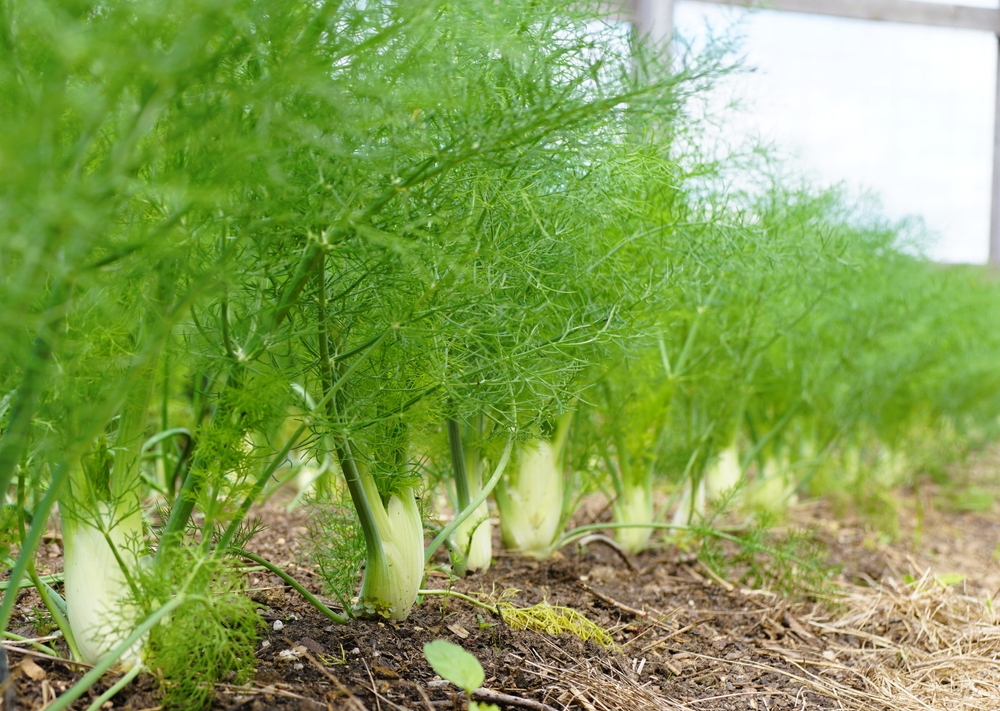
Fennel is another plant that basil should avoid growing near. Fennel has deep roots and a tall, wide growth habit, which makes it highly competitive in the garden. When planted near basil, fennel can overshadow the basil, depriving it of light, space, and nutrients. This competition can stunt the growth of basil and reduce its overall vitality.
In addition to taking up space and resources, fennel is known to release allelopathic chemicals that can inhibit the growth of nearby plants, including basil. This makes fennel a poor companion for basil, as the two plants can easily outcompete each other, leading to poor growth and reduced yields.
This article originally appeared on Avocadu.
